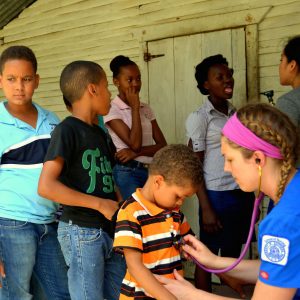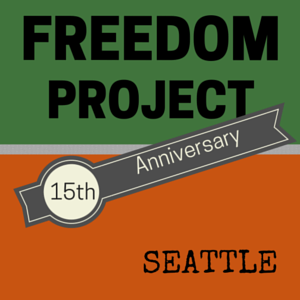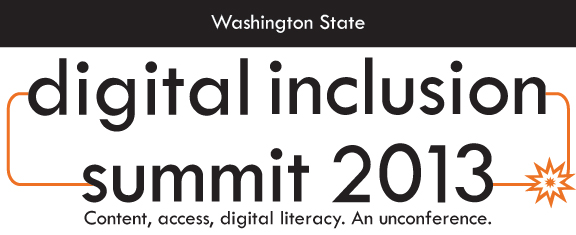
 This month, Brown Paper Tickets picked Partners for Rural Health in the Dominican Republic for our donation gift.
This month, Brown Paper Tickets picked Partners for Rural Health in the Dominican Republic for our donation gift.
Partners for Rural Health is an incredible organization, established in 1995 by the University of Southern Maine, College of Nursing and Health Professions.
Twice a year, they send out healthcare professionals and other volunteers to 15 mountain villages to provide healthcare to over 2,000 people in homes, schoolrooms, and churches. Not only do they administer healthcare, they also offer basic education in nutrition, disease prevention, dental health, and hygiene, including a certificate-training program for community health promoters.
As someone from the Dominican Republic, I really appreciate what this organization does for my country’s people. The work they do is tough – it brings to mind my own volunteer experience for a different organization. We labored tirelessly for three days to bring basic medical care to the people in Bayaguana, DR. I can’t believe Partners for Rural Health does a similar thing twice a year—it deserves immense gratitude and respect.
With our help, they can continue to assist those in need in the Dominican Republic.
While other similar programs rarely return to the same location, Partners for Rural Health has a sustained program in place that provides consistent access and continuity of care to the people in the villages. They are making a considerable difference in the long-term health and quality of life for the thousands that depend on their return.
Their return depends on us.
Get Involved with Partners for Rural Health
Volunteer. Doctors, nurse practitioners, nurses, dentists, interpreters, Peace Corps, pharmacists, physical therapists, clinic greeters, and intake staff comprise their volunteer group. That said, neither a medical background nor Spanish-speaking one is necessary. There are many other ways that volunteers can contribute.
Join Partners for Rural Health on one of their trips.
Donate. Your donations are tax deductible and used to purchase medical supplies, equipment, administrative and transportation costs. Partners for Rural Health doesn’t have paid personnel; everyone, including the Board of Directors donates time. All of their donations come from individuals, companies and fundraising events.
Photo from Partners for Rural Health
Good Causes >



 Arts
Arts Comedy
Comedy Event Tips
Event Tips Film
Film Food & Drink
Food & Drink Good Causes
Good Causes Music
Music News
News Radio
Radio Roller Derby
Roller Derby